Highlights
• Evaluating energy poverty across a sample of 32 economies from 2004 to 2021.
• Data from the EU-SILC database and Eurostat were utilised.
• Fixed-effect regression models were used to identify factors influencing energy poverty at the household level.
• Strategies for addressing energy poverty include enhancing housing conditions and lowering electricity expenses.
• Households that are low-income, smaller in size, and in poor condition are more vulnerable to energy poverty.
Abstract
The domain of energy poverty is increasingly recognised as a multifaceted global challenge stemming from limited income, high energy costs, and inefficient housing. The issue affects different social groups and regions unevenly, even within Europe. This paper investigates energy poverty across 32 economies, including EU member states and several non-EU European countries, over the period from 2004 to 2021. By analysing micro-level data from the EU-SILC database and Eurostat, the study identifies that low-income households, smaller households, and those living in overcrowded conditions are particularly vulnerable to energy poverty. Interestingly, the research finds that renewable energy does not contribute to alleviating energy poverty in Europe. Based on these results, the study calls for immediate policy measures to improve housing conditions and lower electricity costs, especially for economically disadvantaged households, to effectively address energy poverty.









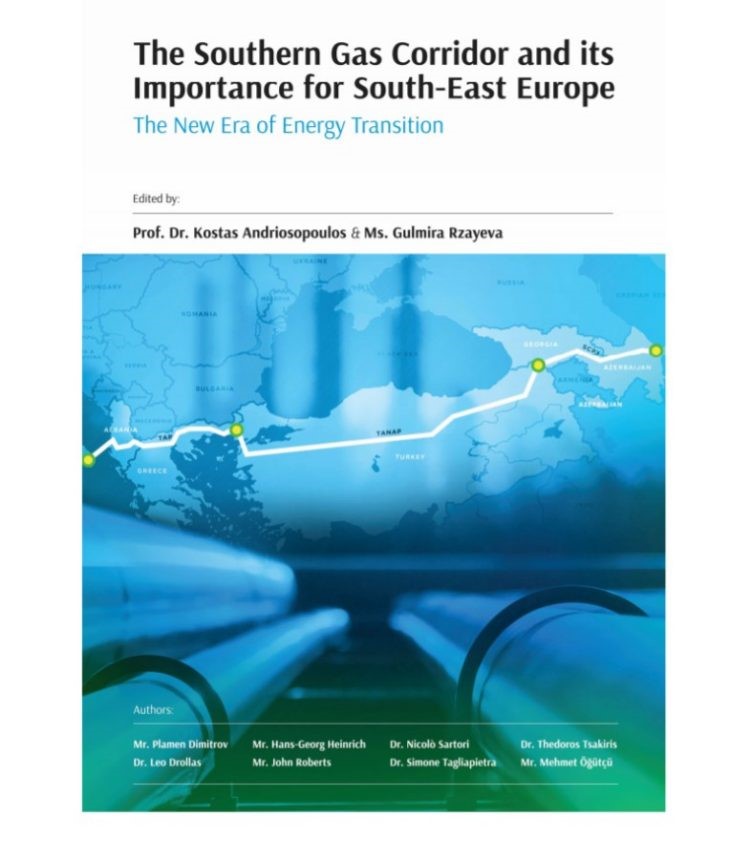

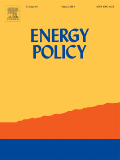





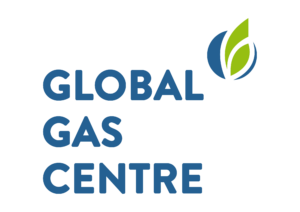



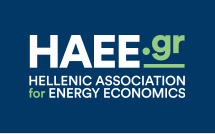






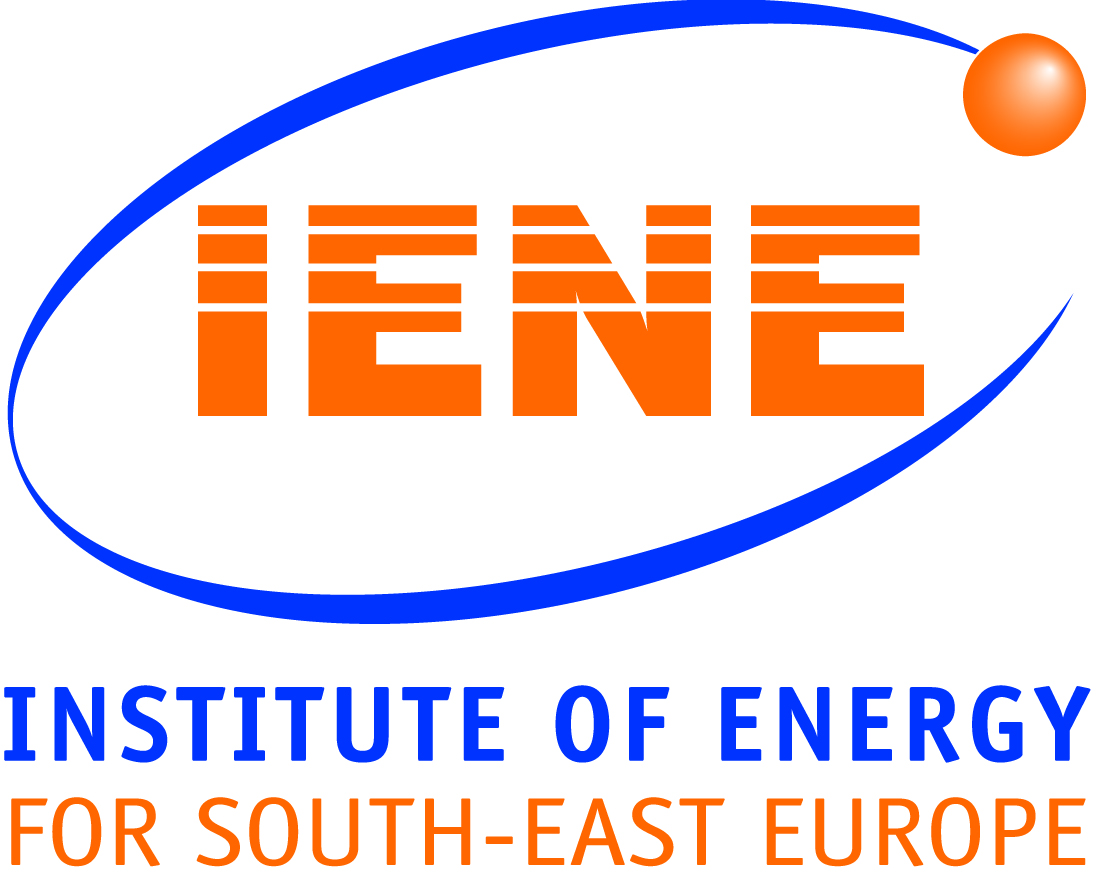




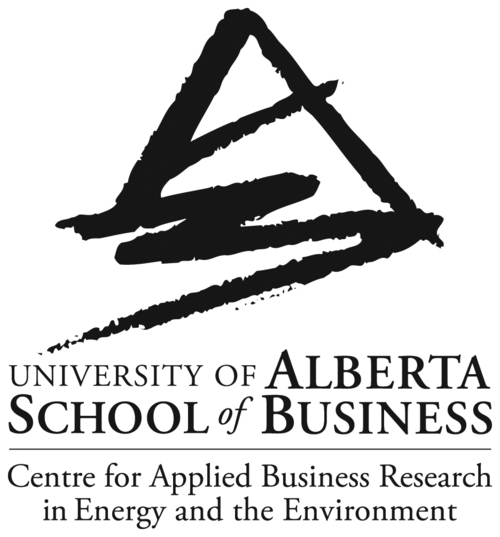

 Facebook
Facebook Linkedin
Linkedin Instagram
Instagram Youtube
Youtube EMC Newsletter
EMC Newsletter







